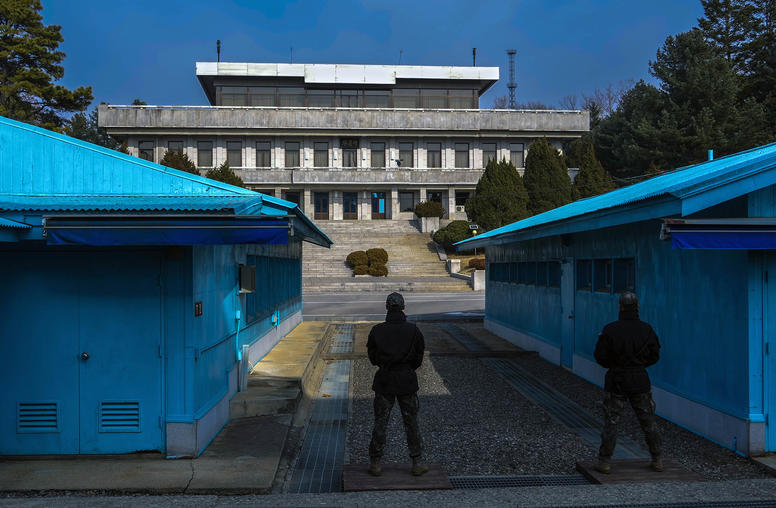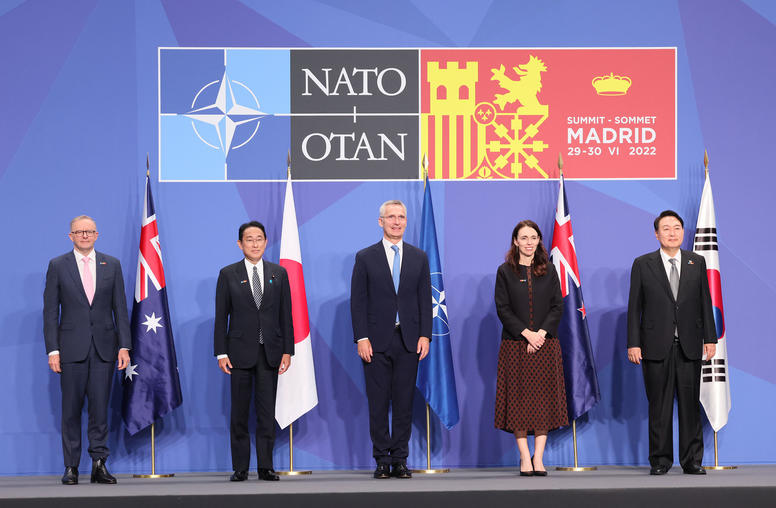USIP's Korea Working Group Convenes 5th U.S.-South Korean Track 1.5 Dialogue
On March 28, USIP's Korea Working Group (KWG), headed by John Park, convened the 5th USIP-Korea Institute for National Unification (KINU) Washington Workshop titled "The Outlook for the North Korean Situation and Prospects for U.S.-ROK Cooperation After the Death of Kim Jong-il.".
April 20, 2012
On March 28, USIP's Korea Working Group (KWG), headed by John Park, convened the 5th USIP-Korea Institute for National Unification (KINU) Washington Workshop titled "The Outlook for the North Korean Situation and Prospects for U.S.-ROK Cooperation After the Death of Kim Jong-il." Richard H. Solomon, president of USIP and chair of the KWG, gave the welcoming remarks. Abiodun Williams, executive vice president of USIP's Center for Conflict Management, introduced the keynote speaker, Ambassador Robert King, U.S. Special Envoy for North Korean Human Rights Issues. The U.S. and South Korean panelists and participants assessed the situation in North Korea following the death of Kim Jong-il, examined the North Korean nuclear problem and the security of the Korean Peninsula, explored ways to improve human rights in North Korea through international cooperation, and analyzed the rise of China and implications for U.S.-ROK cooperation.
The key objectives of this ongoing USIP-KINU Washington Workshop series are to foster deeper mutual understanding of rapidly evolving political, security and economic issues on the Korean Peninsula, and to exchange views on how to address these pressing policy issues. Dr. Kim Tae-woo, President of KINU, led the senior delegation from Seoul. KINU is the South Korea Ministry of Unification’s think tank.
Explore Further
- What Does North Korea’s Ballistic Missile Test Tell Us about the Reclusive Country? On the Issues by John Park | April 2012
- North Korea’s Planned Missile Test Steals the Spotlight at the Seoul Nuclear Security Summit. On the Issues by John Park | March 2012
- Learn more about USIP's Korea Working Group
- Countries and Regions: Korean Peninsula
- Center for Conflict Analysis and Prevention



